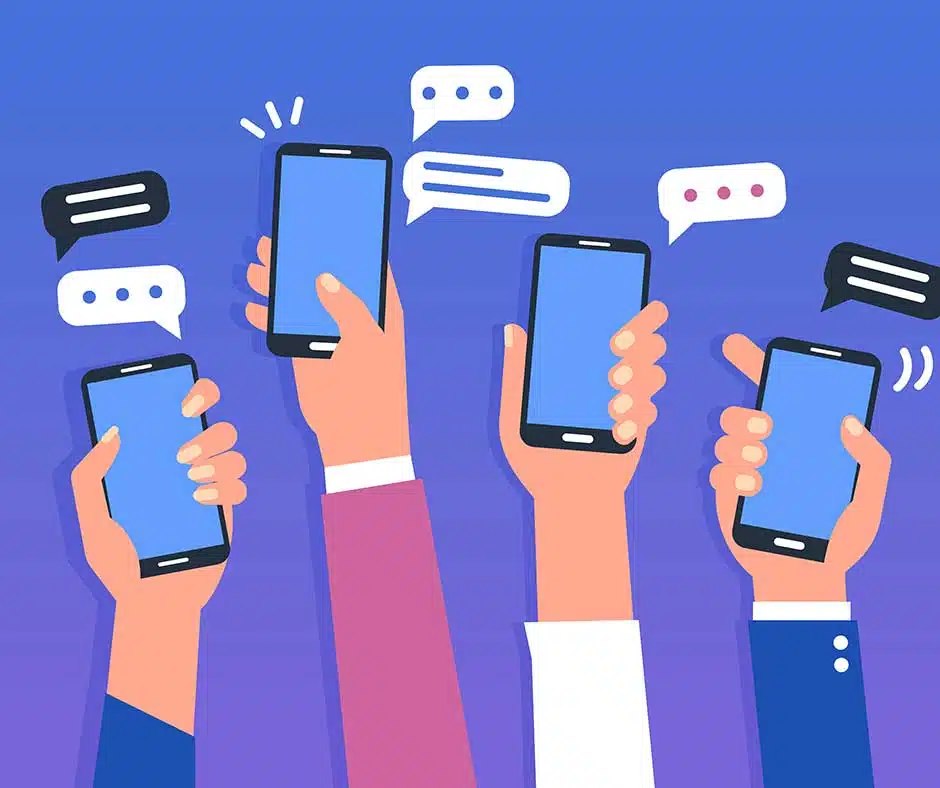According to a 2017 survey, more than 350 million people around the world are believed to meet the clinical definition of an addiction because of their Facebook habits. 890 million people log onto Facebook every day and will spend at least 20 minutes on the site. The average amount of user time, is 40 minutes. Facebook has become one of the most significant social media sites since its launch in 2004. With more than 2 billion users, it has captivated those who network through its digital parameters.
Signs of Addiction to Facebook
There is certainly a level of addiction involved with the site. 50% of adults in the 18-24 age demographic will check on their Facebook profile before they do anything else after waking up in the morning. One of the questions on the CAGE test for alcoholism is, “Do you wake up in the morning and have a drink to start the day?” If we replace a drink with a Facebook swipe, then that would put the person in question at a 25% likelihood of an addiction. The images and information displayed on this social media site can encompass people’s lives entirely, from the obsession with notifications to the general connections made between friends and family.
The attraction to Facebook isn’t about connection or engagement. It is about instant gratification, which is the same for any severe and debilitating addiction. Facebook provides a channel where popularity can be judged instantly with billions and billions of potential likes. People, especially baby boomers over-identify with their profile pages determining that their profiles are a direct representation of their personality and self-worth. Depending on how many friends you get, how many likes you receive, how many people comment on your posts, your self-esteem either drops or grows.
Facebook Envy & Social Comparison
Anytime there is a new addition to the family, an engagement, or a break-up, Facebook is the first to know, and the information rapidly trickles down to those within each friend network. Through so many notifications it is only a matter of time before jealousy or envy ensues. Many will draw comparisons to others and begin to look at their own lives in disgust. “Why have I not progressed that far in life?” “I should be taking more trips…” “I can’t believe they already have kids!” It all boils down to envy and putting ourselves down over other people’s achievements. Having a fear and scarcity mentality can be fatal and detrimental to our ability to succeed in our endeavors.
A frequent Facebook user and recovering addict shared her experience with Facebook, “I have felt ‘behind’ in life. It has been difficult to watch those that have seemingly grown before me, and instead of them paving the foundation for the path ahead, I have felt increasingly more discouraged on my journey. I struggle with other people sharing their home lives, new children, and recent engagements.”
Social Comparison Theory & Facebook
Compare and despair is common amongst addictions, depression and anxiety. Comparing ourselves to what we see on people’s outsides instantly makes us feel inadequate and inferior, inhibiting our growth and our ability to develop self-esteem, self-worth and a stable self-identity.
“When I fall into comparison, I begin to feel like what I have and what I have done is not enough. I find myself acting out of jealousy. When I act out in this way, my success (if any) tastes bitter, and not worth the struggle. If I allow life to progress on life’s terms, I may be surprised with the result. It all comes down to accepting that I am where I need to be when I need to be there. Acceptance has played a vital role in my sobriety, and emotional wellness is a huge factor to that as well.”
Balance & Changing Habits are Key
Is there a solution for this mass addiction to Facebook? Is there a way to achieve balance in the world of technological advancement and social media? Can we participate in what so many other people are doing, but have it affect us in a positive way instead of a negative way? I think it starts small. A study has shown that Facebook users check their profile the most between 1pm-3pm, most likely during the lull of the work day. Success towards changing a habit and beginning to achieve balance are setting attainable goals.
One must replace an unhealthy habit with a healthy habit. One cannot just stop doing something unless they do something else. Instead of waking up in the morning and checking Facebook first thing perhaps that habit is switched by waking up and meditating for five minutes. Or even smaller. Waking up and looking outside to see how the weather is. Something that brings us into the here and now instead of into a rabbit hole of technology and 2D pictures.
